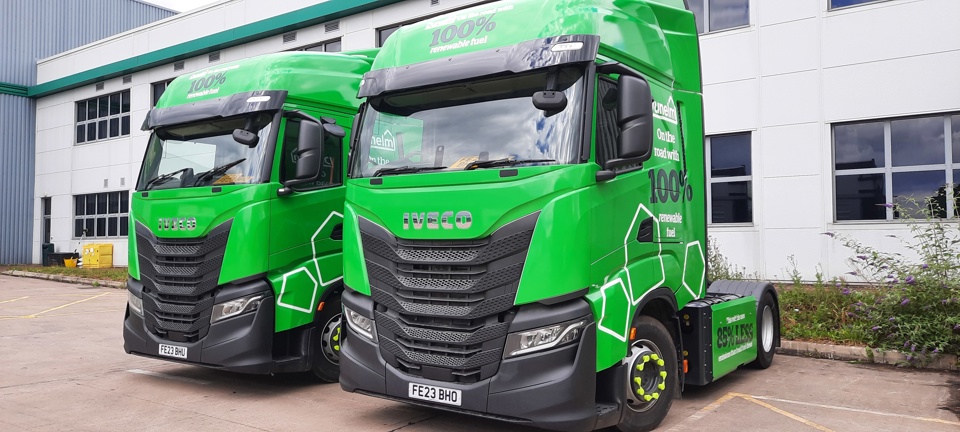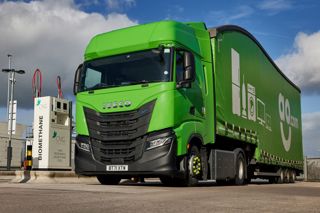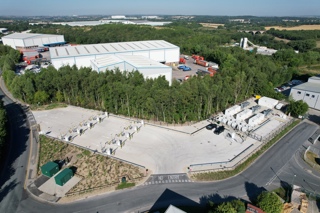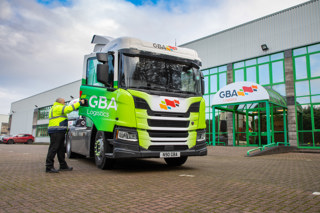Dunelm has invested in 10 new delivery vehicles that will significantly reduce the carbon footprint of its transport fleet and the business as a whole.
More than 50% of Dunelm’s own operations (Scope 1) carbon emissions are attributable to the Home Delivery Network (HDN) fleet.
To combat this issue, Dunelm has introduced nine new tractor units, powered by compressed natural gas, and an additional electric vehicle (EV) to support store deliveries.
Compressed natural gas (BIO-CNG) is a renewable energy source derived from the decomposition of food and animal waste, providing a 100% renewable fuel option.
The nine new vehicles that run on BIO-CNG will emit approximately 85% fewer emissions when compared to traditional fossil fuel diesel alternatives and have the added bonus of being up to 50% quieter, meaning noise pollution is reduced as well.
With the transition to BIO-CNG, these vehicles will now emit a much reduced 314 tCO2.
The introduction of the vehicles marks a significant step towards the retailer’s goal of reducing its carbon emissions by 50% by 2030 (against a 2019 baseline).
Additionally, Dunelm has secured a lease on a 100% electric Volvo tractor unit, one of only a few in the UK.
This electric vehicle will be stationed at the Stoke 2 Distribution Center and used for store deliveries.
It will be charged at the center, which operates on renewable electricity, meaning the vehicle won’t emit any CO2 throughout its operational use.
Christina Downend, head of climate change at Dunelm, said: “At Dunelm, we are committed to implementing new sustainable initiatives and reducing our environmental impact.
“This investment in low-carbon vehicles showcases our dedication to providing less impactful and more responsible transportation solutions for our Home Delivery Network and provides a significant step towards reducing our own operations carbon emissions by 50%.”
After the investment in the cleaner vehicles and by transitioning to BIO-CNG, Dunelm estimates it will save approximately 1780 tCO2 - an 85% reduction in emissions compared to diesel.
Furthermore, the 44-tonne fleet's carbon emissions will be significantly reduced to a projected 314 tCO2.
























Login to comment
Comments
No comments have been made yet.